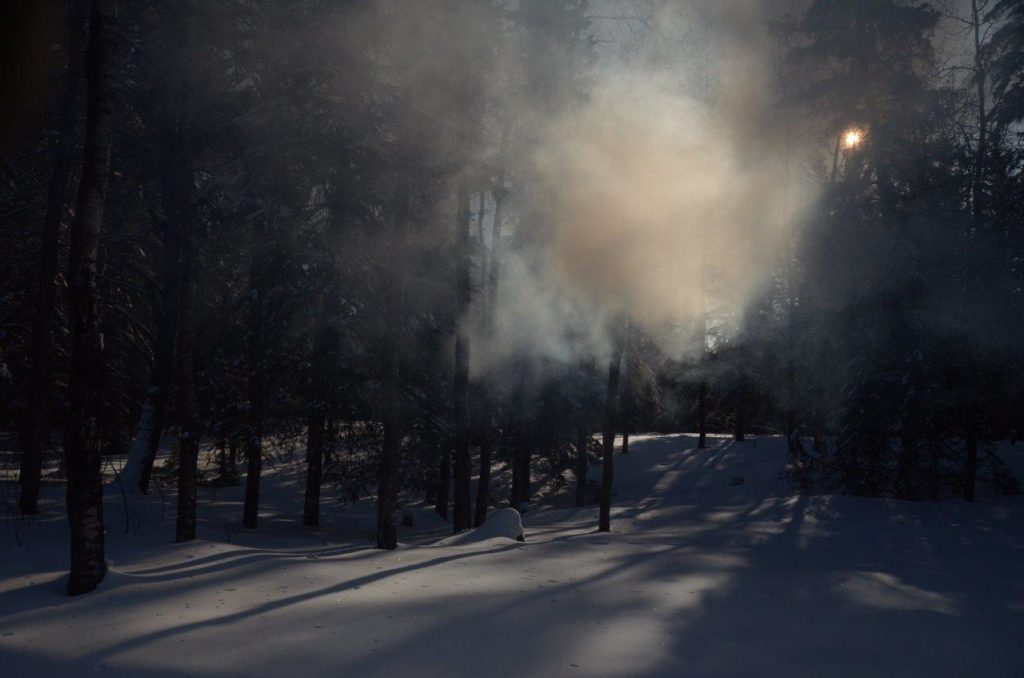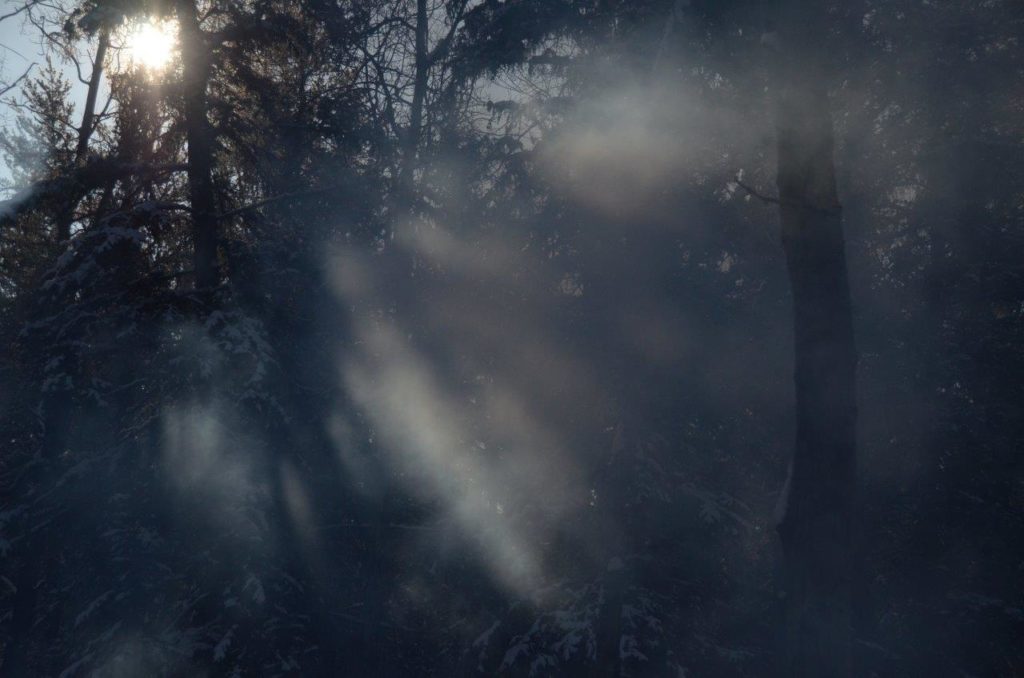Transfiguration
Outline
Creator Reality creates blessed reality
Former vice-President Biden praises current Vice-President Pence as a decent guy.
Biden is reminded that Pence is the most anti-GLBTQ elected leader in the US.
So Biden walks back his praise for Pence.
Today’s Gospel reminds us of a reality we have known about since our first conscious thoughts, which we often think we have forgotten about, but which we cannot escape.
While Biden is reminded about the sin of another human, and how it has terrible consequences in our world, today’s Gospel reminds of God’s fantastic goodness and glory, which also has consequences in our daily lives. Those consequences are awe-fully frightening and wonderful. And we are sent to bring those consequences to bear on those who need them the most, the poor, the disenfranchised, the reviled and rejected, and the hungry; and most of all today the Gospel reminds us that Jesus sends us to bring the consequence of whole health to those caught by the demons of our time, not only but also people captive to even the worst mental illnesses.
The Luke account:
8 days,
Mountain,
Three speak,
God from Cloud
Healing
Followed by exorcism, or demonic healing
The natural, or willful, consequences of transfiguration are Healing, whole life healing
Consequences
We are different
Sinners also saints
Assured children of God, we enter challenges differently, confidently as bring God’s blessings, even to the worse experiences, the worst human behavior.
We behave so as to bring blessings, healing, health to all whom we encounter, even the most unfigured, chaotic, chaos creating people.
The extraordinary Transfiguration
Figuration- Three are present, Jesus, Moses, Elijah
One from the present, two from the past,
God’s will is known by two who come from being in God’s presence, God’s will is given a figure or concrete vision for disciples to see.
Disfiguration
Jesus, the one of this world, our daily reality, encountering E and M is disfigured, changed to dazzling white. Bedazzling might be the better description.
Unfiguration – Peter coming to full alertness/consciousness from dozing, tries to give meaning to what he sees, simple booths, temples, shelters, from the Festival of Booths or Tabernacles, housing of God’s presence in this world.
Peter misses, so simple it is not, and the figures with Jesus dissolve into the cloud.
Transfiguration
Jesus shines bedazzlingly so and God’s voice speaks directly, to whom this is: this is God’s son in whom God is pleased.
And the transfiguration changes all present:
They are different.
2016 Working Preacher: Cláudio Carvalhaes, Associate Profesor of Worship, Union Theological Seminary NY, NY
Consequences in mundane world
Invictus
Mandela, against abuse of white guards, of white racism in apartheid, of degradation in prison for 25 years: not revenge, not anti-apartheid;
Mutual respect, reconciliation processes
Chaos, Creation, Corruption-Chaos, Recreation as Blessed
Consequences for Jesus
Heals the boy, drives out the demons
Consequences for Peter
Still denies Jesus,
But eventually comes to be leader of the church of Jesus’ Way.
For us
We go out to encounter all we can, to bring blessing and healing and order/creation – and awareness of God,
Imagination of literature
Speaks reality, makes part of reality available to us not previously available before
Like Harry Potter, Shakespeare, Dostoevsky, Augustine, Luther, Star Wars, Star Trek, Invictus, West Wing,
we bring the gift of imagination of reality which reflects God as creator, Jesus as his son, the Holy Spirit as our guide, comforter and empowerer;
Our imaginations recognize God’s real blessings in us, in our lives, in our being,
Imagination of literature (fiction) helps us know reality
Star Wars:
force be with you: HS, dark side: evil
Like Girard
We learn to see mimetic truths
That message of Jesus was more so: no more scapegoating, sacrificing others, Only forgiveness
Mysteries of faith
We proclaim that Christ is present in the Bread and Wine, n our hearts, in our lives,
Curing illnesses
Healing People
Creating blessed life
Creating saints out of sinners who remain always sinners.
West Wing,
for example, one of the most awarded TV programs ever, presented a reality that ought to have been, a caring, vulnerable, brilliant and wise president, not without limits, so real
But really capable of leading and being the leader of the free world, addressing illnesses, and making possible the rising to succeed him, a Latino president. Not presented in any widely consumed media, the brilliant wisdom and the example of a Latino president, paved the path for the first actual non-white president to be elected: Barak Obama.
What does this mean for us?
Us sinners made Saints only by God’s grace?
Everyday God present,
Whether we feel it, know it, recognize it
We can trust it
We can dare to bring healing to most chaotic situations and people
Even love our enemies
Yet, We are not in control
Not Jedi controlling the Force
Not wizards with wands controlling the elements of magical world
Not writers of reality, like a screen writer, controlling other people
Not God, nor gods, not controllers of god’s will
We are reflectors, conduits, instruments of Christ’s light, Christ’s healing presence, the Holy Spirit’s empowering sinners to be saints.
We are not in control; we surrender control to God’s will
We are not people who impose our wills on others, or each other
We are listeners, we are earthen vessels of wisdom, a wisdom that we cannot control or fully contain, restrain, or realize.
We are beggars, waiting, praying, hoping, acting out blessings, sharing what is entrusted to us.
We are those who watch for, notice and point others to see the power of God transfiguring us, all of us,
We are transfigured to be what God intended us to be, that sin has stolen from us, bound us away from, blinded us to seeing and being,
This process is unending; we never arrive or are done.
We always learn more, anew, how God intends us to be blessings for each other, for the poor, hungry, enslaved, the ridiculed … especially our enemies.
To see the figure of God, to watch it be disfigured, and then un-figured, and then transfigured is a frightening experience,
A daily experience if we do not shut ourselves out of Gods’ creation.
And Christ comes and calls us, do not be frightened.
Instead surrender to the new creation that Christ brings, be bold, even bold enough to sin in our incomplete efforts to be blessings to others.
Here is Christ’s body. Here is Christ’s blood.
Eat and Drink, for we are the body of Christ, we bring his life force, his blood, to the world, to heal it of all its ills and ailments.

